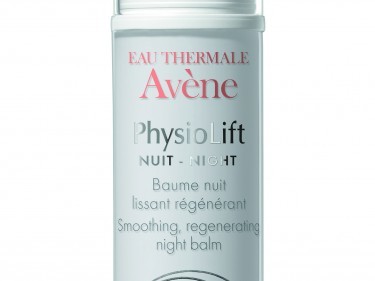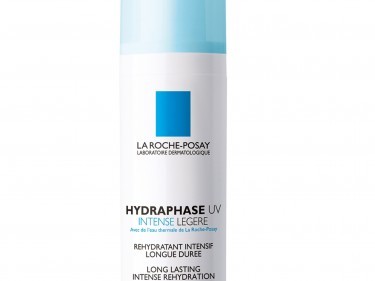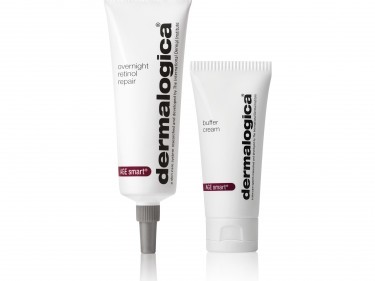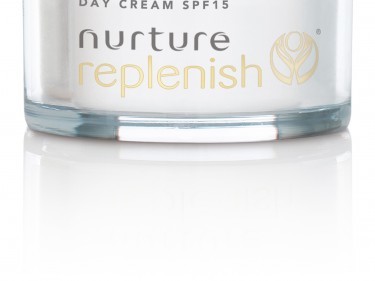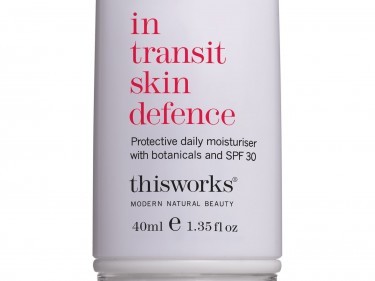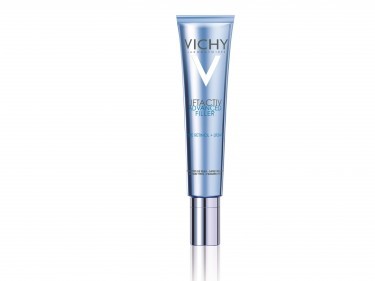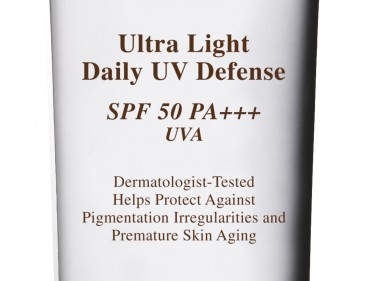This vitamin A derivative is hailed as an anti-ageing skincare miracle – but only if it’s used correctly. Katie Wright consults the retinol rulebook
In the multi-billion pound beauty industry, hundreds of products claim to be all-powerful youth elixirs, but according to Dr Des Fernandes, vitamin A remains “the only effective anti-ageing cosmetic ingredient we have”.
And he should know. The plastic surgeon has been studying the substance for more than 35 years, and believes “everyone in the world needs to use it”.
And you can do that in the form of retinol skincare.
Retinol, put simply, is the base form of vitamin A, a substance that is metabolised into retinoic acid within the skin, and has “tremendous benefits“ in terms of skin ageing.
“Studies on the effects of retinoic acid on the skin show that you’ll see a dramatic change from wrinkled skin to smoother skin, and pigmented skin becomes much less pigmented,” Dr Ferandes explains. “It makes more collagen and more elastin which give skin its firmness, and results in thicker skin.”
So why aren’t we all slathering on this miracle-worker on the daily? Sadly, there is one drawback to retinol – but it’s easily overcome, if you know how.
Here, Dr Fernandes explains the key points for reaping retinol rewards…
1. PATIENCE IS KEY
“The problem with retinol is that it’s an irritant. Most people will react to it, think they’re allergic and throw it away, that’s why we need to introduce it very carefully,” Dr Fernandes says. “It varies from person to person, depending on their metabolism.”
2. SLOW AND LOW
“Start with very low doses and slowly let the skin adapt, before using more concentrated doses until eventually you’re using the ideal amount,” advises Dr Fernandes, to avoid redness and flaky patches. Some products come with a barrier cream that you mix the retinol into a little at a time, or you can mix it with your usual moisturiser to temper the strength. Others come in varying concentrations, from mild to strong. It could take weeks or even months for your skin to acclimatise, but the results will be worth it.
3. SAVE THE DATE
Retinol is a notoriously unstable substance, with a shelf life of around six months, so pay attention to the date indicator on the box, otherwise you’ll continue to use an ineffective product.
4. NOCTURNAL ACTIVITY
Retinol should be applied every night after cleansing. Avoid the delicate skin around the eye area, allow it a few minutes to absorb, then follow with your usual night cream.
5. USE PROTECTION
“Retinol is photosensitising meaning skin becomes more sensitive to the sun,” Dr Fernandes says, “so it’s always a good idea to use an SPF.” You want at least factor 15, applied every morning.
THE A TEAM
From sensitive to oily, these are the best retinol-infused pieces for your skin type, plus an SPF day cream to match.
Best for sensitive skin:
:: Avene PhysioLift Smoothing Regenerating Night Balm, £26
:: La Roche-Posay Hydraphase Intense UV Light, £16.50
Best for dry skin:
:: Dermalogica Overnight Retinol Repair, £73
:: Nurture Replenish Day Cream SPF15, £13.95
Best for normal skin:
:: Indeed Labs Retinol Reface Skin Resurfacer, £19.99
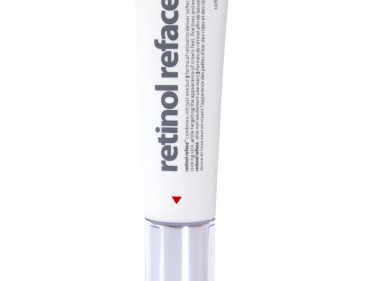 (www.boots.com)
(www.boots.com)
:: This Works In Transit Skin Defence SPF30, currently reduced to £23.20 to £29
Best for combination skin:
:: Environ Intensive Retinol 1, £39.95
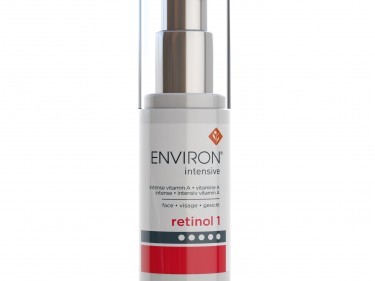
:: Environ Alpha Day Lotion SPF15, £46
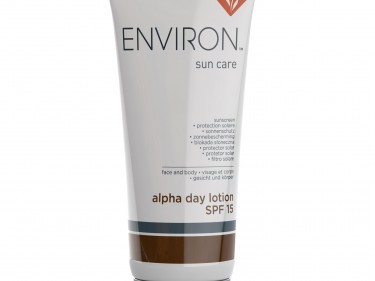
(Visit www.iiaa.eu to find your nearest salon stockist)
Best for oily skin:
:: Vichy LiftActiv Advanced Filler, £20.66 (Escentual.com)
:: Kiehls Ultra Light Daily Defense SPF50, £31 (www.kiehls.co.uk)

